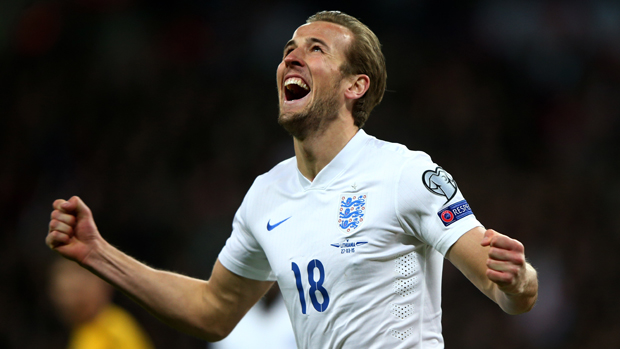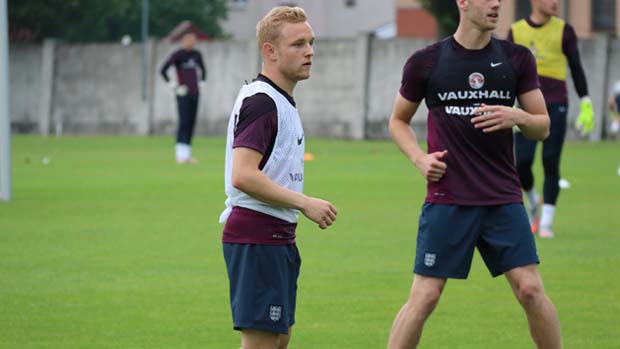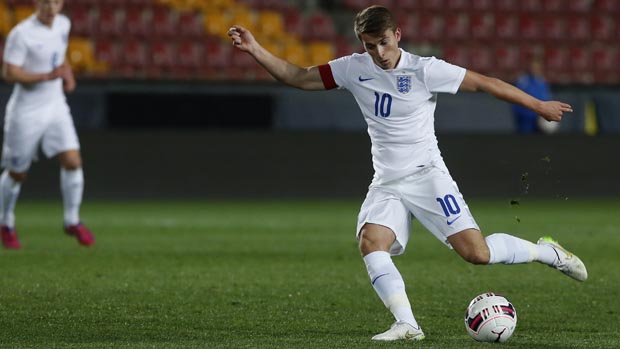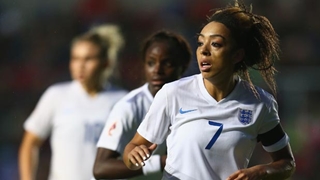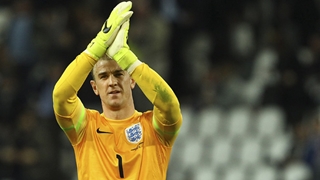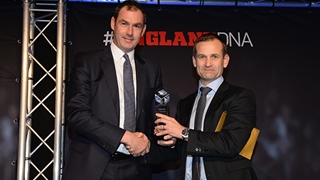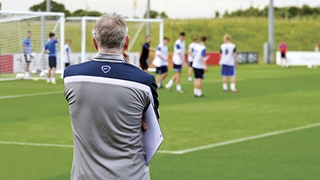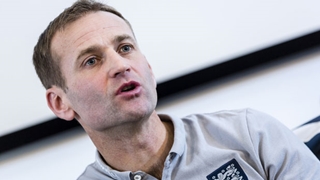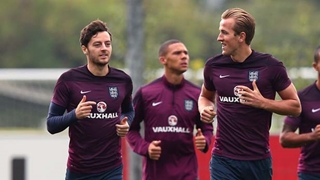
Without the benefit of coaches foresight and patience during their teenage years, England and Tottenham Hotspur stars Harry Kane, Ryan Mason, Tom Carroll and Alex Pritchard may never have got the opportunity to make the climb to the international and Premier League stage.
The Three Lions stars are all products of Spurs’ successful youth academy and have benefited from a youth development programme which prioritises potential over performance in the here and now.
Justin Cochrane, Tottenham Hotspur’s assistant head of development 11-16, stresses that a concerted effort has been made to understanding the various issues linked to growth and maturation during the complicated teenage years of a young players journey.
“Nobody has a crystal ball, but John McDermott [Spurs’ Head of player development ] has had a lot of experience dealing with late maturing players and has helped to educate all the coaches here not just to look at now," explains Cochrane.
“You’ve got to know what’s below the surface and what is likely to come, especially with players aged 11-16.
“There has been a lot of patience with Tom Carroll and there currently is with Alex Pritchard. Ryan Mason was under-maturated as a 15/16 year old and now he’s an England international.”
The senior players Cochrane references are exceptional technicians, afforded time for their physicality to catch up.
Understanding the varied journeys young players take to reach the top level is the theme of this weekend’s England DNA: Connecting the game conference, held at St George’s Park.
Over 500 coaches are expected at the national football centre to learn more about the importance of providing a co-ordinated and connected player development journey.
For Cochrane, predicting what a young player will look in the future is a key aspect of the role.
“Right now, it might be difficult for some of the late maturing players but in four or five years time, it will work to their advantage," he added.
"Just because there’s a big player bulldozing their way through games now, doesn’t mean they will be the player in the future."
The Spurs academy coach stresses that young players with potential will have opportunities at the north London club, regardless of their size or stature.
“It’s not just about the coaches being brave enough to play a smaller player, the players themselves have to be brave as well," he said.
"Being small can’t be an excuse for them. The have got to be brave and get on the ball and work out ways of being effective or showing potential to be effective.
“You can’t be small and a pessimist in the way we play. We’re always telling our smaller players that they’ve got to be optimistic and have a buzz about their game.”
However, working with late maturing players is not the only focus.
“We also recognise that the early maturers need specific work too. It is not just about waiting for the late maturers to come through. There are early maturers who start out ahead and stay ahead to go through and be successful. They can still succeed," he explains.
“Our job as youth developers is to cater for everyone: the boy who is way out in front now, but also the boy who will come from the back of the pack, the player who has experienced and dealt with difficulty and adversity."
Read the full feature on Spurs’ academy programme in December’s issue of The Boot Room, The FA Coaching magazine, which also features the development journeys of England internationals Jess Clarke and Joe Hart.
The FA National Coaching conference, England DNA: Connecting the game, is held at St George’s Park on 4-7 December.



